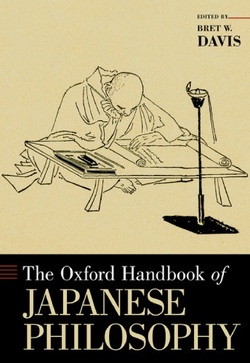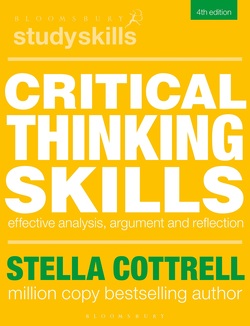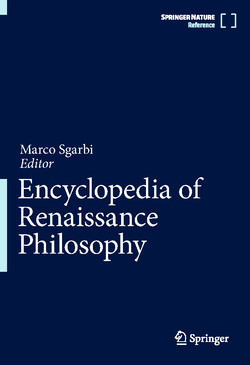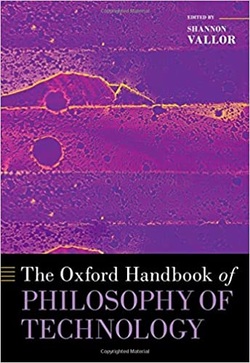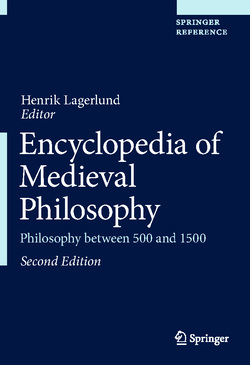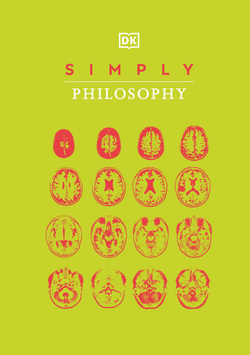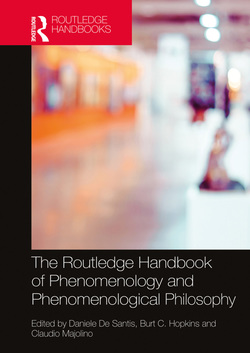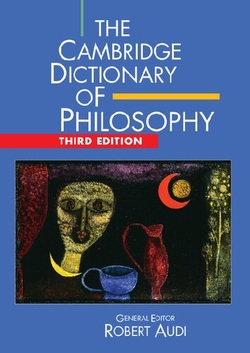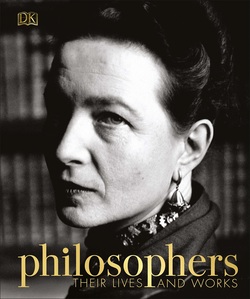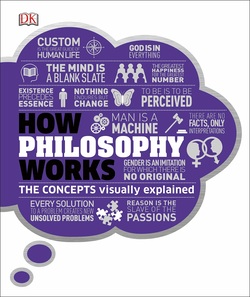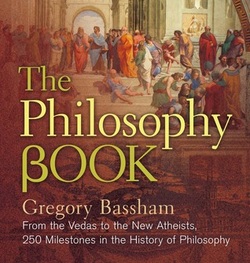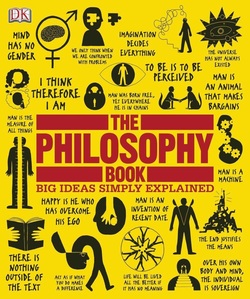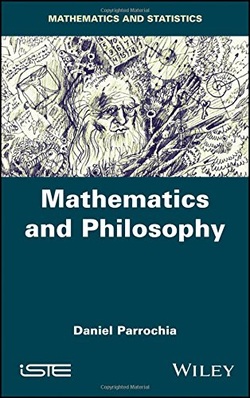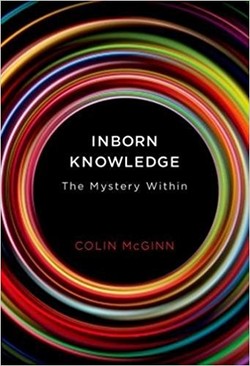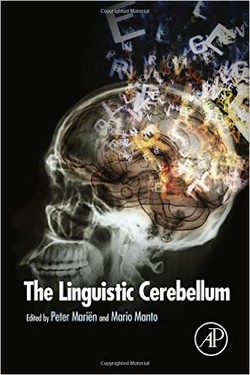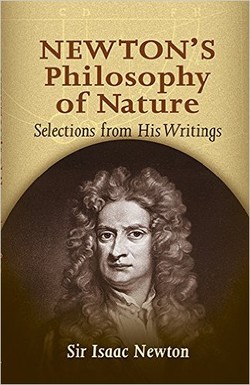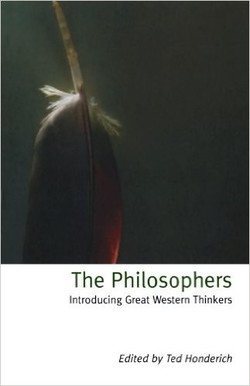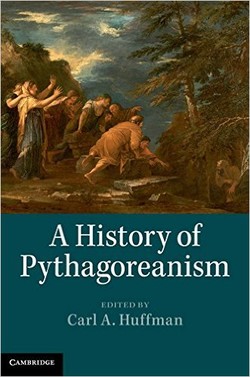هندبوک آکسفورد فلسفه مرگ
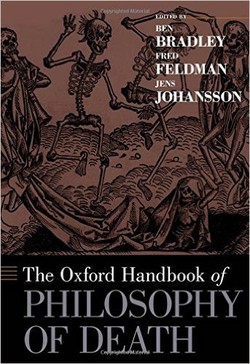
مرگ از دیرباز یکی از موضوعات مورد توجه توسط فلاسفه پیشین بوده است و این مسئله بهویژه امروزه مورد بررسی قرار میگیرد. “هندبوک آکسفورد فلسفه مرگ” 21 مقاله که اخیرا ارائه شده را جمعآوری کرده است که تفکر فلسفی متداول در مورد مباحث مربوط به مرگ را در طیف وسیعی از این موضوع پوشش میدهد. این مباحث عبارتند از موضوعات متافیزیکی، مانند ماهیت مرگ، امکان زندگی پس از مرگ، ماهیت افراد و نحوه تفکر ما در رابطه با تأثیر زمان بر آنچه که ما در مورد مرگ فکر میکنیم، و همچنین موضوعات ارزشهای اخلاقی مانند نگرشهای مناسب نسبت به مرگ، امکان آسیب پس از مرگ و مطلوبیت جاودانگی. شرکتکنندگان در این مباحث دیدگاه فلاسفه دوران باستان مانند ارسطو، افلاطون و اپیکور را در مورد موضوعات مربوط به فلسفه مرگ و پرسشهایی در رابطه با اخلاق هنجاری را بررسی میکنند.
فصول این کتاب توسط تعداد بیشماری از کارشناسان متافیزیک، اصول اخلاقی و تحلیل مفهومی نوشته شده و بهاینمنظور تهیه شده است که به خواننده دیدگاهی جامع از تحولات اخیر در پژوهش فلسفی مرگ بدهد. این کتاب مخاطبان گستردهای در زمینه فلسفه، بهویژه در اخلاق و متافیزیک را جذب خواهد کرد.
فصول این کتاب توسط تعداد بیشماری از کارشناسان متافیزیک، اصول اخلاقی و تحلیل مفهومی نوشته شده و بهاینمنظور تهیه شده است که به خواننده دیدگاهی جامع از تحولات اخیر در پژوهش فلسفی مرگ بدهد. این کتاب مخاطبان گستردهای در زمینه فلسفه، بهویژه در اخلاق و متافیزیک را جذب خواهد کرد.
سال انتشار: 2013 | 388 صفحه | حجم فایل: 4 مگابایت | زبان: انگلیسی
The Oxford Handbook of Philosophy of Death (Oxford Handbooks)
نویسنده
Ben Bradley, Fred Feldman, Jens Johansson
ناشر
Oxford University Press
ISBN10:
0195388925
ISBN13:
9780195388923
قیمت: 16000 تومان
برچسبها: Death has long been a pre-occupation of philosophers, and this is especially so today. The Oxford Handbook of Philosophy of Death collects 21 newly commissioned essays that cover current philosophical thinking of death-related topics across the entire range of the discipline. These include metaphysical topics--such as the nature of death, the possibility of an afterlife, the nature of persons, and how our thinking about time affects what we think about death--as well as axiological topics, such as whether death is bad for its victim, what makes it bad to die, what attitude it is fitting to take towards death, the possibility of posthumous harm, and the desirability of immortality. The contributors also explore the views of ancient philosophers such as Aristotle, Plato and Epicurus on topics related to the philosophy of death, and questions in normative ethics, such as what makes killing wrong when it is wrong, and whether it is wrong to kill fetuses, non-human animals, combatants in war, and convicted murderers. With chapters written by a wide range of experts in metaphysics, ethics, and conceptual analysis, and designed to give the reader a comprehensive view of recent developments in the philosophical study of death, this Handbook will appeal to a broad audience in philosophy, particularly in ethics and metaphysics.
